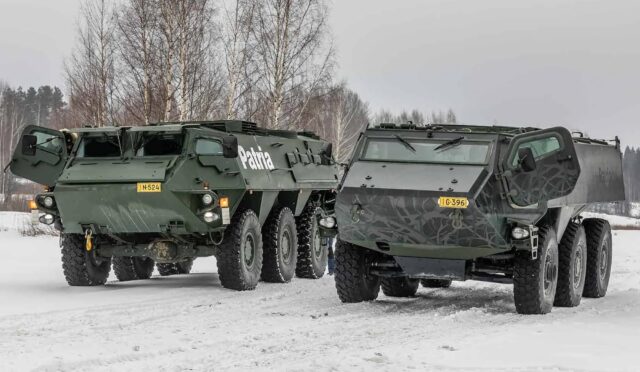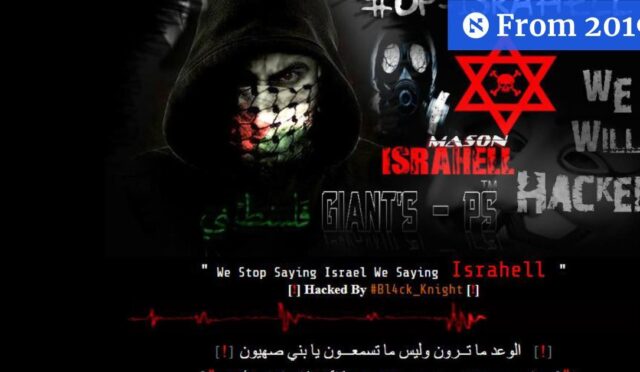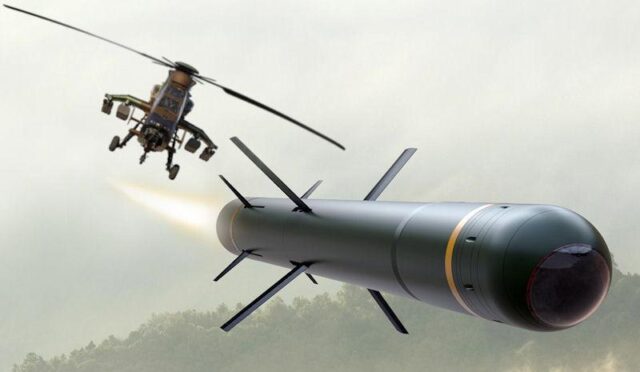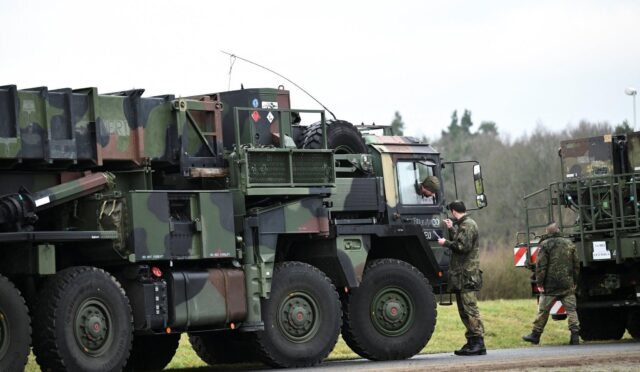Iran’s Foreign Minister Visits Russia for Nuclear Talks
Iran’s Foreign Minister, Abbas Araghchi, is set to visit Russia this week to engage in critical discussions regarding ongoing nuclear negotiations with the United States. This diplomatic endeavor comes ahead of a scheduled round of talks between the U.S. and Iran, which are expected to take place in Rome.
Araghchi’s visit follows significant talks held in Oman with U.S. Middle East envoy Steve Witkoff, marking the highest-level discussions since the collapse of the 2015 nuclear deal. The renewed attention to Iran’s nuclear policy arises in the wake of President Donald Trump’s return to the White House, who has signaled a tough stance on nuclear discussions with Tehran.
Concerns Over Iran’s Nuclear Intentions
For years, Western nations have harbored suspicions that Iran is pursuing nuclear weapons, a claim Iran has continually refuted, insisting its nuclear program is intended solely for peaceful purposes. As a close ally of Iran and a participant in the 2015 agreement, Russia has been an essential partner in recent discussions regarding Tehran’s nuclear ambitions.
Commenting on the impending negotiations, Esmaeil Baqaei, a spokesman for Iran’s foreign ministry, confirmed the pre-planned nature of Araghchi’s Moscow visit, which he stated would provide an opportunity to review the latest developments discussed in Muscat.
Moscow’s Role in Diplomacy
Maria Zakharova, the spokeswoman for Russia’s foreign ministry, has confirmed the visit, emphasizing the importance of diplomatic channels in resolving the ongoing disputes. Both parties, Iran and the United States, described their recent discussions as ‘constructive,’ with Russia advocating for dialogue as a means to avert a potential ‘global catastrophe’ due to military confrontation.
A new round of Iran-U.S. negotiations is set for Saturday, April 19, though details about the meeting’s location remain uncertain. Italian Foreign Minister Antonio Tajani noted that Italy is prepared to host the discussions, demonstrating Rome’s commitment to facilitating diplomatic efforts.
Details of Upcoming Nuclear Talks
As reported by the official IRNA news agency, the negotiations are expected to take place in Europe, though specific details are still under wraps. Baqaei reiterated that these discussions would be mediated by Oman and stipulated that the focus will remain strictly on nuclear matters and the lifting of sanctions.
Importantly, he indicated that Iran is not willing to discuss any additional topics with the American side, underscoring the specificity of the upcoming talks focused exclusively on resolving nuclear concerns.
Iran’s Stance on Regional Influence and Sanctions
IRNA reported on a critical update regarding Tehran’s stance during the negotiations, indicating that its regional influence and missile capabilities would be treated as ‘red lines.’ This context is particularly significant, given the harsh sanctions reinstated by Washington after Trump’s withdrawal from the 2015 agreement.
Despite a year of continued compliance with the deal following the U.S. exit, Iran has gradually reduced its adherence to the terms outlined in the accord, emphasizing its steadfast denial of any intent to pursue nuclear weapons.
Engagement with the International Atomic Energy Agency
Baqaei mentioned the upcoming visit of Rafael Grossi, the head of the United Nations nuclear watchdog, to Tehran, which is anticipated to occur shortly. While details of Grossi’s trip remain to be finalized, his engagement highlights the ongoing necessity for oversight and dialogue amidst escalating tensions.
Grossi has confirmed his travel plans to Tehran, underscoring the importance of cooperation and the need for diplomatic solutions in the current climate. He is expected to meet with key Iranian officials, including Araghchi and Mohammad Eslami, the head of Iran’s nuclear energy agency.
Recent Assessments of Iran’s Nuclear Capabilities
The head of the International Atomic Energy Agency (IAEA) last visited Iran in November, where he engaged with numerous senior officials, including President Masoud Pezeshkian. In a recent report, the IAEA highlighted that Iran has amassed an estimated 274.8 kilograms of uranium enriched up to 60 percent, a significant deviation from the 3.67 percent limit established under the 2015 nuclear agreement.
The current uranium stockpiling raises alarms as it approaches the 90 percent threshold considered suitable for weapons-grade material, further complicating the nuclear landscape and increasing the urgency for productive negotiations.






